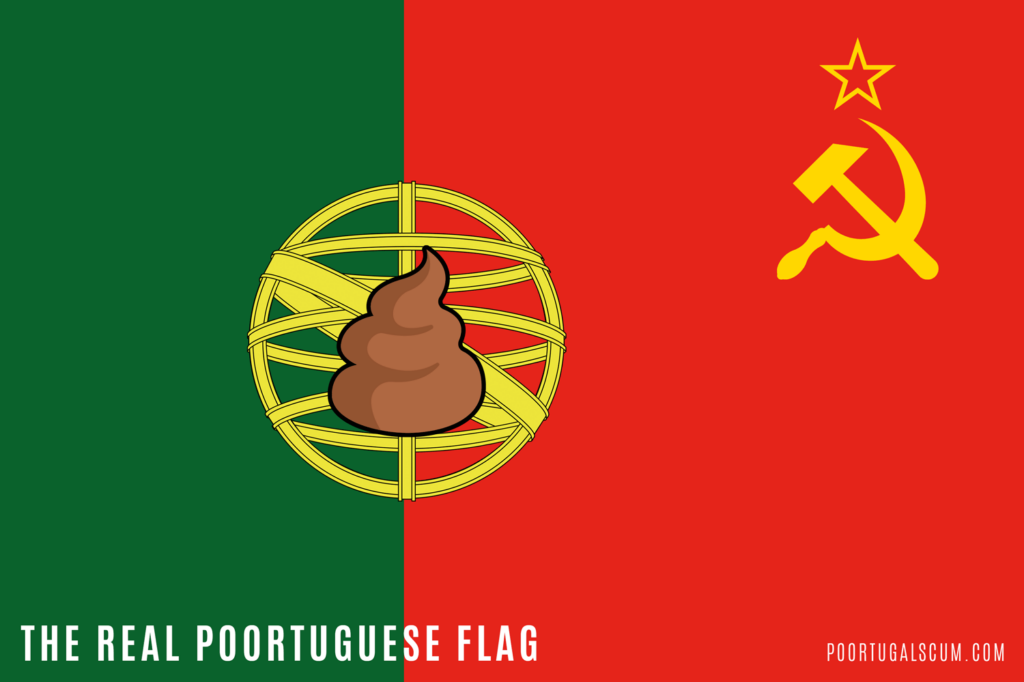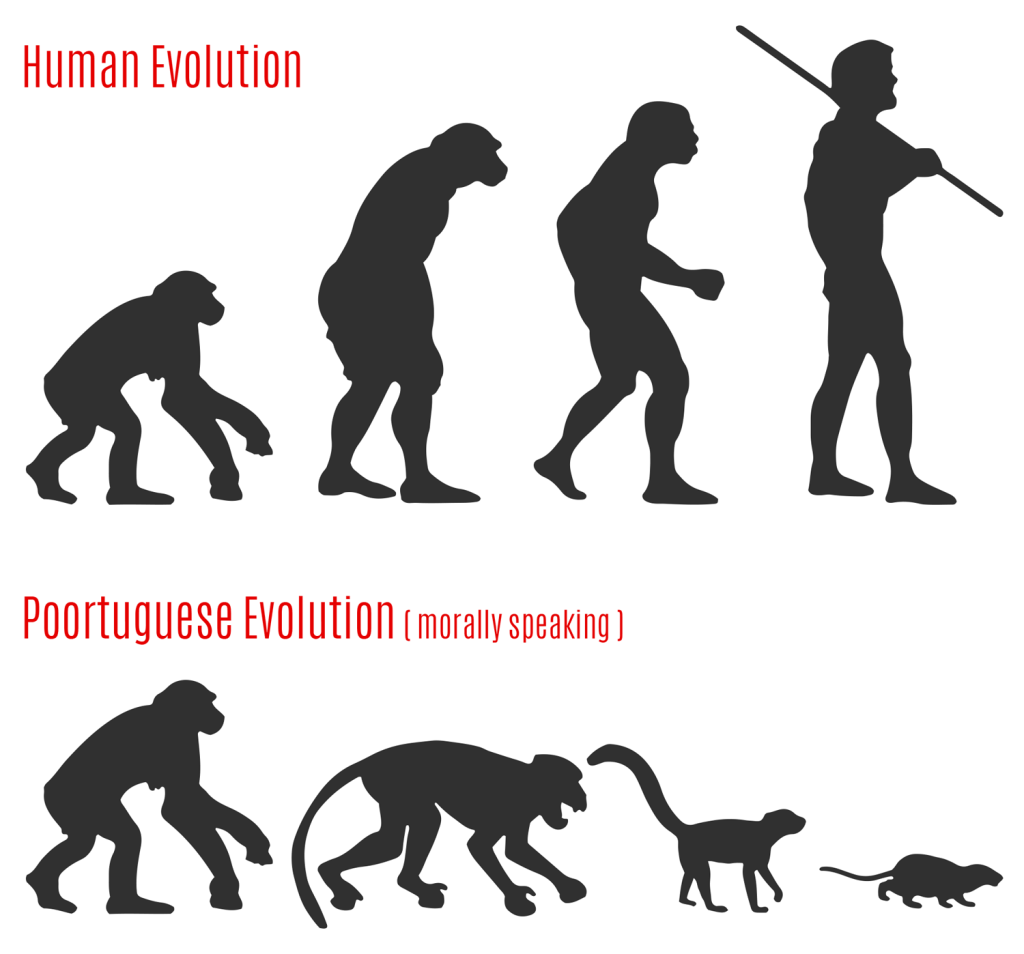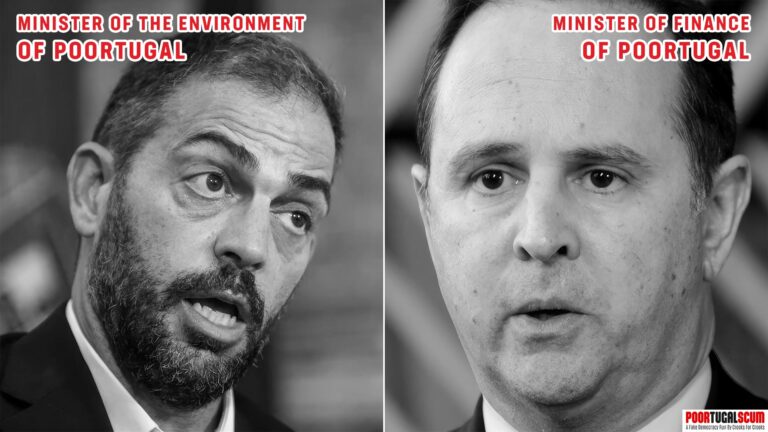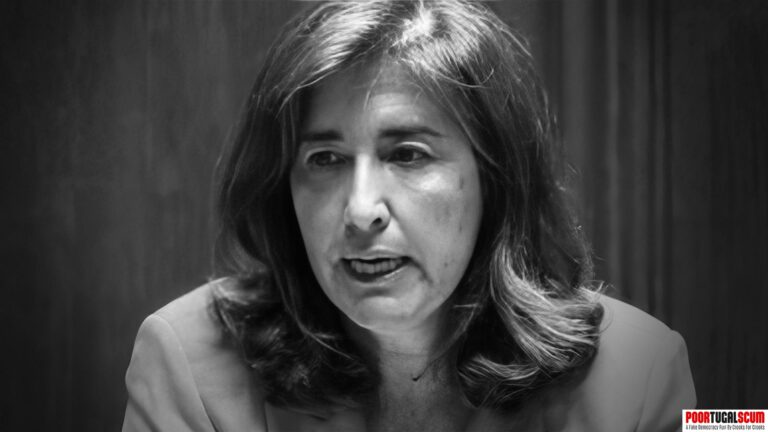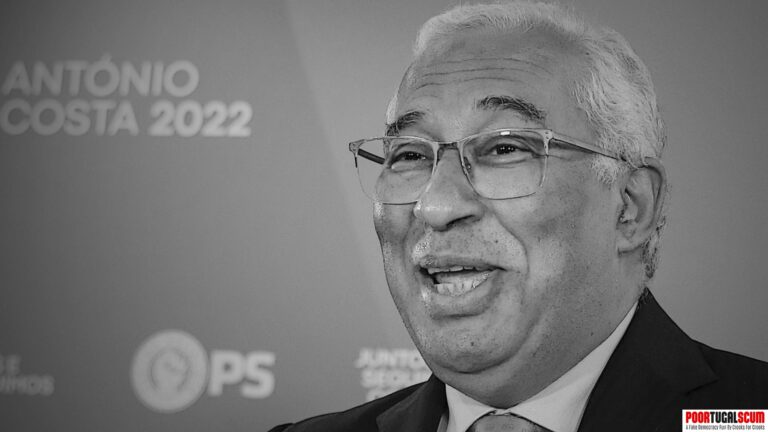The problem is that not even these 3 tiny anti-corruption measures that Portugal has implemented out of 15 recommendations will be fulfilled according to the spirit of what is written, that is, in Portugal they will be completely irrelevant laws, because in Portugal the laws are only used to compose the facade of a democracy and a fake rule of law. Laws in Portugal are not meant to be taken seriously, and 99% of the time they never are.
In Portugal, corruption and total disregard for the most basic human rights is infinitely greater than what is reported, even by reputable international organizations, because unfortunately they believe the lying information from the Portuguese state.
The Portuguese judiciary is deeply corrupt, lazy and useless in the most important matters. It serves itself, it serves corrupt politicians and it serves criminals in general, especially when it comes to financial crimes.
The world has no idea, but Portugal is really a dictatorship, not of a single dictator, but of countless crooks who are in charge of that bullsh*t country.
The following article is a translation (mostly MT). You can find the link to the original website at the end of it.
European report points out Portugal’s “unsatisfactory” progress in the face of corruption
Group of States against Corruption considers that Portugal should intensify the fight against corruption, pointing out only “small progress”.
A report by the Group of States against Corruption (GRECO), a body dependent on the Council of Europe, states this Tuesday that Portugal must “substantially intensify” its response to the body’s pending recommendations,
warning that the country has only complied with three of the fifteen anti-corruption suggestions.
GRECO’s most recent report points out the “unsatisfactory” compliance with the majority of anti-corruption recommendations regarding politicians, judges and prosecutors in Portugal, admitting only “small progress” and that only three of its fifteen recommendations were applied in a “satisfactory” manner.
The report, cited by the EFE agency, highlights problems regarding the prevention of corruption among deputies and highlights insufficient measures in the judicial system, namely the failure to develop “a complete, clear and applicable code of conduct for judges”.
In the case of legislative processes, the organization considers that the country “has not facilitated access to the law-making process for all interested parties, especially with regard to public consultations”, and the treatment has not yet been “properly” addressed. contacts between deputies and third parties or sanctions against members of parliament for improper acts.
GRECO emphasizes that there are no appropriate sanctions for minor infractions nor is there an independent assessment on the prevention of conflicts of interest.
In the case of judges, measures were only taken to develop a future database that should facilitate access to first instance court decisions. However, according to the report, the composition of the Superior Councils was not reinforced to guarantee judicial independence nor was the method of selecting Supreme Court judges changed, notes the EFE agency.
“A complete, clear and applicable code of conduct for judges has not been developed”, especially on topics such as “conflicts of interest”.
“Portugal must substantially intensify its response to GRECO’s outstanding recommendations”, states the report, which describes the country’s compliance as “globally unsatisfactory.”
The Group of States against Corruption is a body of the Council of Europe created in 1999 and issues periodic recommendations on transparency and anti-corruption policy of the Member States of the European Union.


